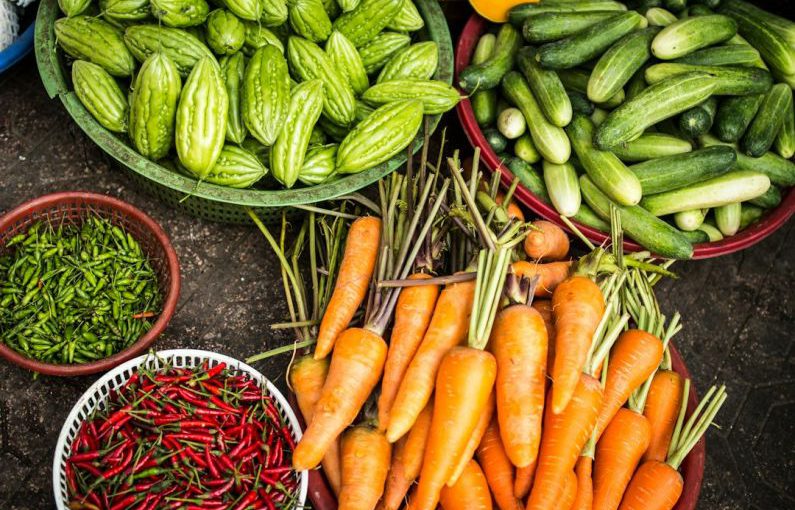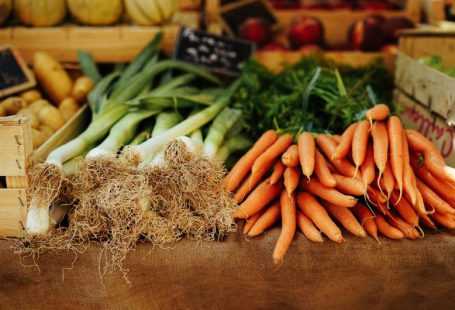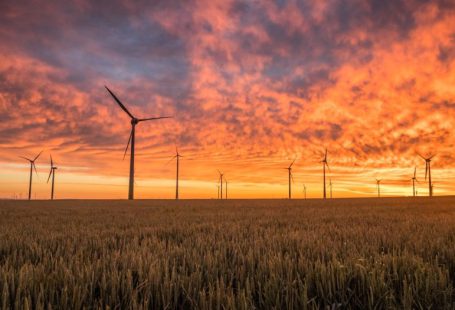With the world population steadily on the rise, the challenge of sustainable food production has become more pressing than ever before. Technology has played a pivotal role in revolutionizing the way food is produced, contributing to increased efficiency, reduced environmental impact, and improved sustainability practices across the agricultural sector. In this article, we delve into the influence of technology on sustainable food production, exploring the various ways in which advancements in technology have transformed the way we grow, harvest, and distribute food.
**Precision Agriculture: Enhancing Efficiency and Sustainability**
One of the most significant impacts of technology on sustainable food production is the advent of precision agriculture. This approach utilizes data-driven technologies such as GPS, drones, sensors, and artificial intelligence to optimize farming practices. By precisely monitoring and managing variables such as soil moisture, nutrient levels, and crop health, farmers can make informed decisions to maximize yields while minimizing inputs such as water, fertilizers, and pesticides. This not only enhances efficiency and productivity but also reduces the environmental impact of farming practices.
**Smart Irrigation Systems: Conserving Water Resources**
Water scarcity is a critical issue facing the agricultural sector, particularly in regions prone to drought and water shortages. Smart irrigation systems leverage sensor technology to monitor soil moisture levels and weather conditions in real-time, enabling farmers to apply water precisely where and when it is needed. By reducing water wastage and optimizing irrigation practices, these systems help conserve water resources, mitigate the impact of droughts, and promote sustainable water management in agriculture.
**Vertical Farming: Revolutionizing Urban Agriculture**
In urban areas where arable land is limited, vertical farming has emerged as a solution to produce food in a sustainable and space-efficient manner. This innovative farming method involves growing crops in vertically stacked layers under controlled environments using artificial lighting, hydroponic or aeroponic systems, and automated climate control. Vertical farming not only reduces the carbon footprint associated with transporting food from rural to urban areas but also minimizes water usage and pesticide use, making it a sustainable alternative for urban food production.
**Blockchain Technology: Ensuring Transparency and Traceability**
Blockchain technology has the potential to revolutionize the food supply chain by ensuring transparency, traceability, and food safety. By enabling secure and decentralized record-keeping of every transaction and process involved in food production, blockchain can help consumers trace the journey of their food from farm to fork. This transparency not only builds trust between consumers and producers but also enables quick identification and containment of foodborne illnesses, ultimately enhancing food safety and quality standards.
**Biotechnology: Improving Crop Resilience and Nutrition**
Advancements in biotechnology have led to the development of genetically modified crops that exhibit improved resilience to pests, diseases, and adverse environmental conditions. These genetically modified organisms (GMOs) have the potential to increase crop yields, reduce the need for chemical inputs, and enhance nutrient content in food crops. While GMOs remain a topic of debate due to concerns about their long-term impact on human health and the environment, they hold promise in addressing food security challenges and promoting sustainable agriculture practices.
**Closing Thoughts: Embracing Innovation for a Sustainable Future**
In conclusion, the influence of technology on sustainable food production has been transformative, shaping the way we produce, distribute, and consume food. From precision agriculture and smart irrigation systems to vertical farming and blockchain technology, innovations in technology have paved the way for more efficient, environmentally friendly, and resilient food production systems. As we strive towards a more sustainable future, embracing technological advancements and fostering innovation in the agricultural sector will be crucial in ensuring food security, mitigating climate change, and promoting sustainable development on a global scale.





